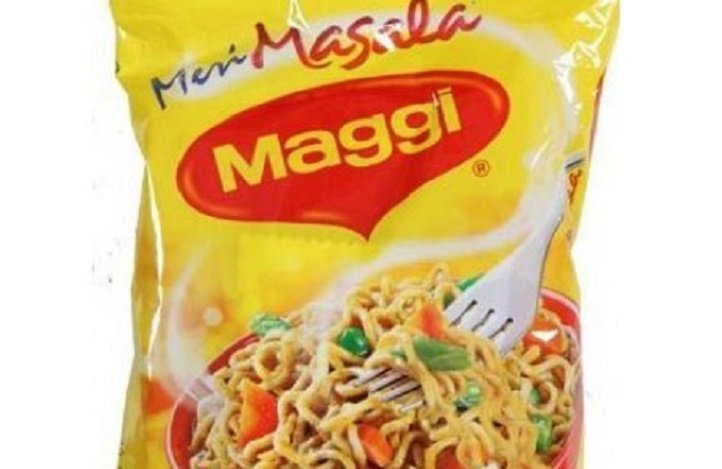Maggi maggi maggi! Think 10 times before you order or cook Maggi any further. The 2-minute noodles have come under a regulatory scanner as it reportedly contains m onosodium glutamate (MSG) and lead in excess of the permissible limit.
The samples collected in some parts of Uttar Pradesh were found containing added MSG and lead in excess. Such additives are said to be harmful for health, mainly for children.
The Times Of India reported that the Lucknow Food Safety and Drug Administration has initiated inquiry and written to the Food Safety and Standards Authority of India (FSSAI) in New Delhi seeking to cancel the licence for Maggi. The state regulator has also asked FSSAI to order sampling of the product from across the country to check quality, officials said.

“We have tested Maggi samples at Kolkata’s referral laboratory. The test results show that there are added monosodium glutamate and excess of lead. We have ordered further sampling,” FSDA Assistant Commissioner Vijay Bahadur Yadav told TOI.
However, Nestle, which manufactures Maggi, maintains that it does not add monosodium glutamate to the product, whereas presence of excess lead is “surprising” for the company.
“We do not add MSG to MAGGI Noodles and glutamate, if present, may come from naturally occurring sources. Food regulators in India also do not specify any limit for the presence of MSG/Glutamate,” a Nestle spokesperson said.
According to Yadav, test results showed Maggi containing 17 parts per million lead, whereas the permissible limit is 0.01 ppm. Nestle says its records show lead content is negligible and less than 1 % of the fixed limit.
(In our original story this section mentioned that MSG is unhealthy for human body. A reader wrote to us with information on breaking the myth. Here’s an update.)
Is MSG unhealthy?
Myth : Monosodium glutamate, a kind of amino acid which occurs naturally in many agricultural products, is often also added artificially to packaged food to enhance flavour.
MSG has been called a silent killer. “A small fraction of people who eat MSG-rich foods report symptoms including nausea, headache and tingling sensations, collectively lumped under the banner of “Chinese restaurant syndrome”. MSG has also been blamed for obesity, high blood pressure and even snoring,” according to a NewScientist article.
Fact : “Despite a widespread belief that glutamate can elicit asthma, migraine headache and Chinese Restaurant Syndrome (CRS), there are no consistent clinical data to support this claim. In addition, findings from the literature indicate that there is no consistent evidence to suggest that individuals may be uniquely sensitive to glutamate,” according to this information published on the National Center For Biotechnology Information (NCBI) website.

















